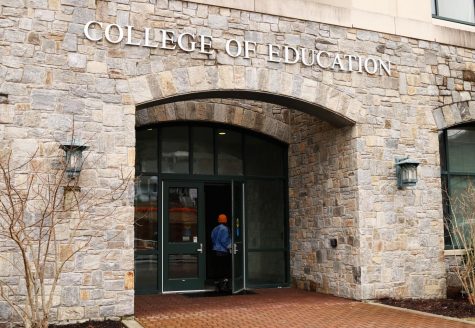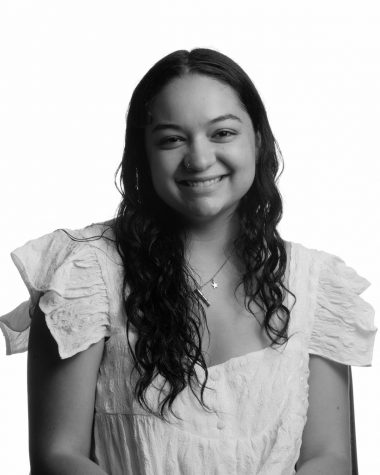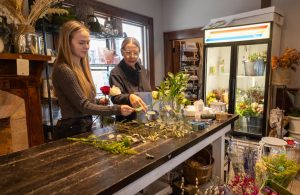Student teaching moved online due to the coronavirus
April 2, 2020
Education majors who are student teaching at App State would have loved to continue seeing smiles on their students’ faces, meet at their assigned school, assist teachers with lessons and interact with school staff.
Due to the COVID-19 pandemic, spring semester student teaching placements are different than usual.
On March 14, Governor Roy Cooper announced that all K-12 public schools would be closed until at least March 30. Cooper later issued an executive order that extended the closure through May 15.
Student teaching was not terminated. School district partners are continuing to allow student teachers to participate in teacher workdays and online teaching. With students placed in over 40 school districts across North Carolina, working remotely and providing online instruction is different for each. The Reich College of Education updates students via email as new information is released or changes are made at state and local levels.
Student teaching typically takes place during elementary and middle grades education major’s senior year after two practicums, Block I and Block II. These practicums, or internships, are completed while taking classes. They consist of 12 full days in an elementary school classroom throughout the semester. Student teaching is every school day for an entire semester.

Reich College of Education, where education majors take their classes.
App State students are assigned to a classroom across the state where they gain hands-on experience and fulfill assessments with their class to judge their progress and the student’s teaching skills.
Brit Westbrook, a junior elementary education major, is in Block II this semester. Westbrook’s internship will change for the remainder of the academic year since instruction is now online. She said she feels that professors and faculty have been great at updating changes in requirements and the future of assignments.
Westbrook said she is passionate about working in education because she has the ability to help people, especially in a time like this.
“Many students look at school as one of their only safe places to be, and I want to always help children feel safe, loved and important in my classroom. This unprecedented time has certainly shown the world more reasons why school is not just a place to learn for many children,” Westbrook said.
Hannah Reeder, director of clinical education for the RCOE, advises student teachers to finish their semester strong by continuing to assist their clinical educators with online instruction. Reeder said she is proud to say that student teachers have stepped up to the plate.
“They have assisted in developing packets to send home with K-12 students, finding online resources and tools for K-12 students to use at home, creating online lessons, meeting with students via online platforms such as Zoom and many other activities to support their clinical educators in transitioning to online teaching,” Reeder said.
Reeder said she does not anticipate COVID-19 preventing any student teacher from passing student teaching or graduating on time. The COVID-19 pandemic has also not taken away placement in student teaching.
Sam Griffith, a senior special education major, said her biggest concern lies in her students. Griffith said the school she is assigned to is in a rural area and that many don’t have access to a laptop or Wifi.
“I was unable to say goodbye to them or explain to them the seriousness of this situation. I fear most that my students and their families will not be able to get the food, toilet paper, cleaning supplies, etc. that they need during this time,” Griffith said.












